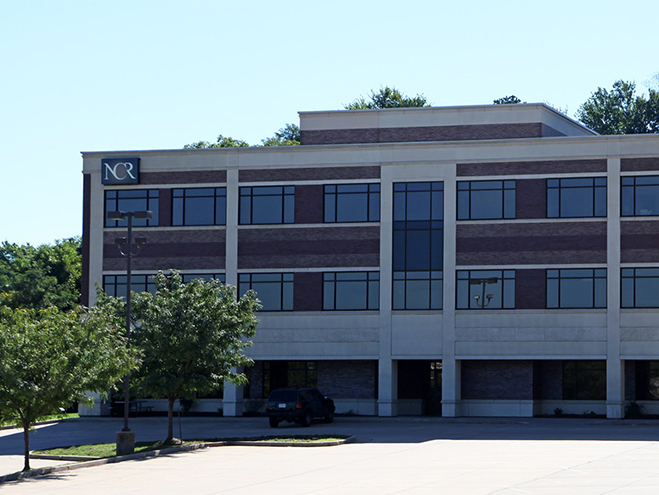Published May 2021
The litigation process can be unnerving, especially if it is your first time involved in a lawsuit. The litigation process uses words and phrases that are normal for lawyers but foreign to most people. Understanding the language that is used during your case can help you to feel more comfortable during the litigation process.
Mediation is a process that some non-attorneys may not understand. Nonetheless, mediation is a popular option used in all manner of civil cases to help resolve disputes before trial. But what is mediation, why is it popular, and is it right for your case?
Mediation is typically a voluntary process that parties to a lawsuit agree to enter. Generally, both parties must agree to mediate their dispute for a mediation to occur, though courts will sometimes order the parties to mediate. Prior to a mediation, the attorneys for both parties will confer and agree to hire a mediator. Typically, a mediator is an attorney or former judge with years of experience in the area of practice at issue in the case. The mediator’s role is to work with each party to discuss the pros and cons of the party’s case and help the parties reach an amicable settlement agreement. The mediator does not decide who is right or wrong, but talks to all parties and their attorneys to address the weaknesses and issues in the party’s positions. Mediations usually take place in-person. All parties, their attorneys and the mediator meet in a central location. After introductions, and in some cases brief opening statements, each party splits off into different rooms with their attorneys. The mediator then works back and forth between the parties, relaying information and settlement offers. Mediators also offer their own opinions, based on experience, of that party’s position and the value of potential settlement under any contemplated settlement terms. Ultimately, the parties control whether they will reach a settlement. The mediator simply attempts to facilitate that agreement. Either party can walk away from a mediation at any time.
In the last decade, mediation has become very popular as the costs and time it takes to litigate have increased. The costs to mediate are almost always less than the cost to try a case to a judge or jury. Mediation is also popular because it allows the parties to have some control over the outcome of their case, keeping the decisions in the parties’ hands rather than the hands of a judge or jury.
Mediation is not right for every case. You should discuss the individual facts of your case with your attorney before determining your willingness to enter into mediation. We at Newman, Comley and Ruth, P.C. understand the benefits, risks, and expense of mediation, and are happy to discuss these issues with you in relation to your particular matter.

















